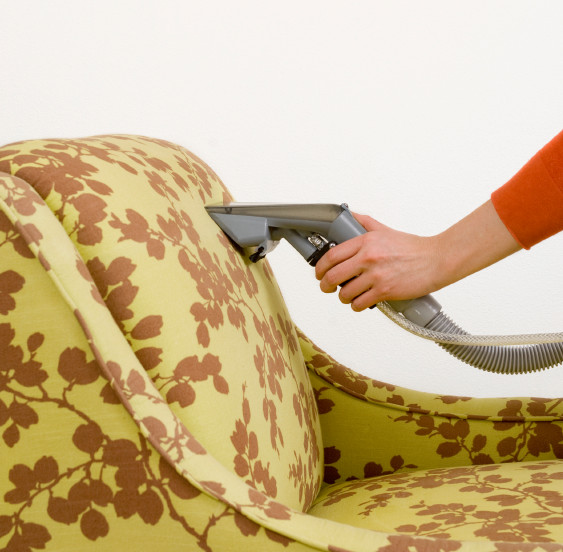
“Someone said that I need special insurance if I take customer’s goods to my location to clean them. Is that true?”
Actually it is true. Your Commercial General Liability policy isn’t designed to cover that exposure. Consider the reason why. Imagine a firm that does fire/damage water damage cleanups and does “pack outs” for property in buildings that have sustained fire and water damage. Such a firm may have tens of thousands or hundreds of thousands of dollars of customer’s goods at his location to clean. A sofa that he gets $100 to clean may be worth $8,000. A liability insurance policy which is rated on cleaner’s payroll doesn’t properly reflect the exposures that such a firm would have by storing large values of customer’s goods for weeks at a time.
Commercial General Liability insurers therefore exclude coverage on this type of exposure from their policies so that they don’t have to charge everyone more for an exposure that most of their insureds don’t have. Businesses that have this exposure cover it with what is known as a Bailee policy. A Bailee is someone that holds property belonging to others. For example dry cleaners who have the garments of their customers in their care for cleaning are bailees.
Bailee policies are rated based on the total value of customer’s goods at any one time in the care of the bailee and the fire rate of the building in which the property is stored. Additionally, if the bailee will be transporting the property to and from his location an endorsement is available for a small premium to add coverage while in transportation. If the cleaner is concerned about damaging the property by cleaning it an endorsement can be added for an additional premium known as the “processing extension”.
If you take customer’s goods to your location to clean or service them this is an important coverage to add to your insurance. You can reduce the cost by increasing the deductible and by making sure your property is alarmed for fire and burglary. Also make sure that your vehicle is always locked when not being driven. Some of these types of policies have what is known as a “locked vehicle warranty”. On a policy that has a locked vehicle warranty, if the property is stolen from a vehicle there is no coverage unless there are marks of forced entry to the vehicle. Always locking the vehicle is important whether or not your vehicle has a “locked vehicle warranty”. Stolen property will upset your customers and you’re sure to have a deductible on any bailee policy. Likewise your rates will like go up in the future if you have claims. So always, always lock your vehicle!
